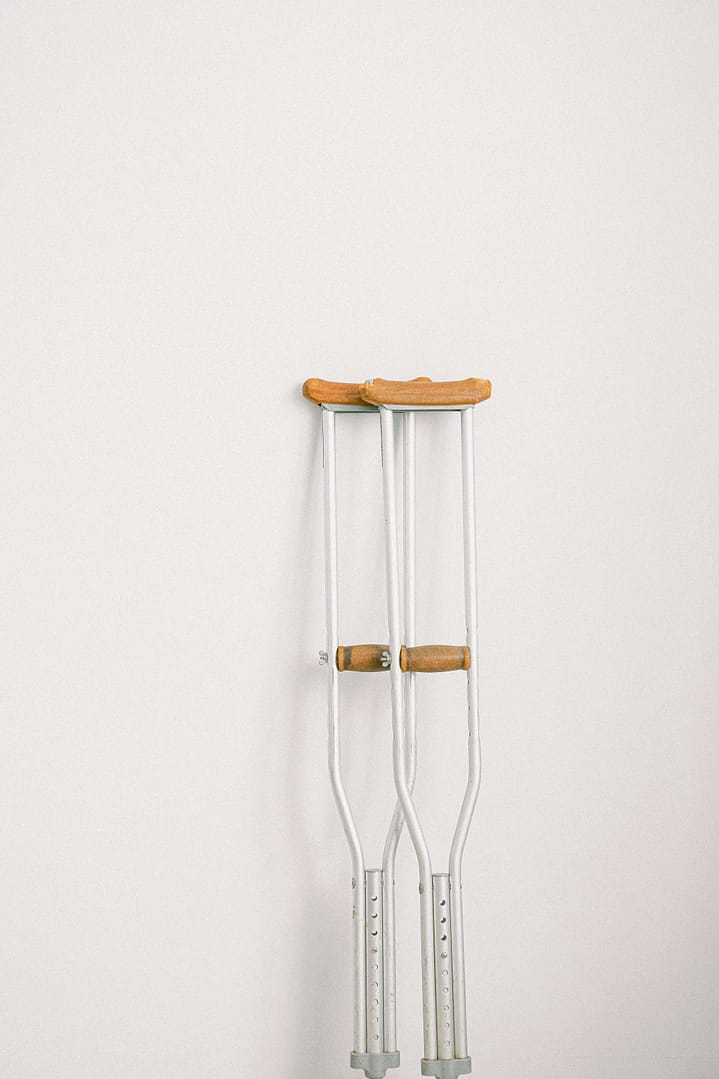Workplace amputations are life-changing events, and the compensation you might receive can vary significantly depending on the industry you work in. Whether you’re in construction, manufacturing, or agriculture, understanding how compensation differs can help you know your rights and what to expect. In this article, we’ll break down the key factors affecting amputation compensation, explore industry differences, and explain how much you might claim. Additionally, we’ll guide you on how National Claims can assist you in connecting with experienced solicitors to support your claim.
Why Does Amputation Compensation Vary Across Industries?
Amputation compensation depends on several factors, such as the severity of the injury, the industry you work in, and the circumstances of the accident. For instance, industries with higher risks, like construction, often see more severe injuries and larger compensation payouts due to the dangerous nature of the work. On the other hand, industries like manufacturing might have more safety regulations, which can influence the compensation process.
Moreover, the type of amputation—whether it’s a finger, hand, or leg—plays a big role. A leg amputation, for example, often leads to higher compensation because it impacts mobility and quality of life more significantly. According to the Health and Safety Executive (HSE) in the UK, there were over 5,000 major injuries reported in workplaces in 2023/24, with amputations being a notable portion in high-risk industries.
Amputation Compensation in Construction
The construction industry is one of the most dangerous sectors in the UK. Workers often handle heavy machinery, work at heights, or operate powerful tools, all of which increase the risk of amputation injuries. For example, a worker might lose a finger or even a limb due to a machinery malfunction or a fall.
Because of the high risk, compensation in construction tends to be higher. A leg amputation claim in construction might range from £97,980 to £132,000, depending on the severity and long-term impact, as outlined in the Judicial College Guidelines for personal injury compensation.
Amputation Compensation in Manufacturing
Next, let’s look at the manufacturing industry. Factories often use automated machinery, which can lead to accidents if safety protocols aren’t followed. For instance, a worker might suffer a hand amputation if their hand gets caught in a machine. The HSE reports that manufacturing accounts for around 10% of all workplace injuries in the UK.
Compensation in manufacturing can vary. A hand amputation might result in a payout of £61,910 to £109,650, depending on factors like age, job role, and whether you can return to work. However, if the employer provided proper training and safety equipment, the compensation might be lower, as the fault could be harder to prove.
Amputation Compensation in Agriculture
Agriculture is another high-risk industry, with workers often using sharp tools or heavy machinery like tractors. Amputations in this sector might happen due to equipment malfunctions or lack of training. For example, a farmer might lose a leg in a combine harvester accident.
Compensation for a leg amputation in agriculture can be similar to construction, ranging from £97,980 to £132,000. However, because many agricultural workers are self-employed, the claims process can be more complex. You might need to prove negligence by a third party, such as an equipment manufacturer, to secure a payout.
How Much Compensation Can You Claim?
The amount of compensation you can claim for an amputation depends on several factors:
- Severity of the Injury: A leg amputation typically results in higher compensation than a finger amputation due to the greater impact on your life.
- Loss of Earnings: If you can’t return to work, you can claim for lost income, both past and future.
- Pain and Suffering: This covers the physical and emotional trauma caused by the injury.
- Medical Costs: Prosthetics, rehabilitation, and ongoing care can be included in your claim.
- Lifestyle Changes: If you need to modify your home or vehicle, these costs can be factored in.
Here’s a rough guide based on the Judicial College Guidelines:
- Finger Amputation: £8,640 to £61,910
- Hand Amputation: £61,910 to £109,650
- Leg Amputation (Below Knee): £97,980 to £132,000
- Leg Amputation (Above Knee): £104,830 to £137,470
These figures are estimates and can vary based on your specific case. For a more accurate assessment, you’ll need to speak with a solicitor.
How National Claims Can Help
Navigating an amputation claim can be overwhelming, especially when you’re dealing with recovery and financial stress. That’s where National Claims comes in. National Claims will help you get in touch with experienced solicitors who specialise in workplace injury claims. They’ll guide you through the process, ensuring you get the compensation you deserve. Whether you’re in construction, manufacturing, or agriculture, their team can help you build a strong case.
Factors That Affect Your Claim
Several factors can influence your compensation amount, regardless of the industry:
- Employer Negligence: If your employer failed to provide proper training or safety equipment, your payout might be higher.
- Your Age: Younger workers often receive more compensation because the injury impacts their life and career for a longer period.
- Prosthetic Needs: The cost of prosthetics, especially advanced ones, can increase your claim amount.
- Psychological Impact: Many amputation victims experience mental health issues like depression or PTSD, which can be included in your claim.
Recent Trends in Amputation Compensation
In recent years, compensation amounts have risen due to increasing medical costs and better awareness of workers’ rights. A 2024 report by the BBC highlighted a case where a construction worker received £120,000 for a leg amputation after his employer was found negligent. Additionally, the rise in prosthetic technology has led to higher claims, as advanced prosthetics can cost upwards of £50,000.
Frequency Asked Questions
Q1. How long do I have to make an amputation claim?
You typically have three years from the date of the accident to make a claim, as per UK law.
Q2. Can I claim if I’m partially at fault?
Yes, but your compensation might be reduced based on your level of responsibility.
Q3. What if my employer denies responsibility?
A solicitor can help gather evidence, such as witness statements or safety records, to prove negligence.
Q4. How long does a claim take?
It can take 6 months to 2 years, depending on the complexity of the case.
Q5. Can I claim for emotional distress?
Yes, psychological impacts like anxiety or depression can be included in your claim.
Conclusion
Amputation compensation varies across industries due to differences in risk, injury severity, and employer responsibility. Construction often sees higher payouts due to the dangerous nature of the work, while manufacturing and agriculture have their own challenges. By understanding your rights and the factors that affect your claim, you can ensure you receive fair compensation. If you’ve suffered a workplace amputation, National Claims will help you get in touch with experienced solicitors who will support you every step of the way. Don’t wait—start your claim today and secure the compensation you deserve.
Contact National Claims today, and we will put you in touch with an expert solicitor who can guide you through the claims process.📞 Call us now free 0800 029 3849 or 📩 Submit an online enquiry to speak to our team. Your safety and well-being matter, and we’re here to help.

We’re proud of our excellent customer reviews
We thrive on delivering exceptional service and ensuring our clients’ satisfaction. Don’t just take our word for it. Check out some of our independent reviews to see what our clients have to say.
Excellent

This firm is excellent, they sorted out my car pay out and injury claim very fast, they always communicate with you all the time.

My accident case was dealt with confidence and with great result of the outcome, especially James kept me informed all the time.

I was very impressed at the way my inquiry was treated. I was listened to attentively and everything I needed to know was explained to me.






